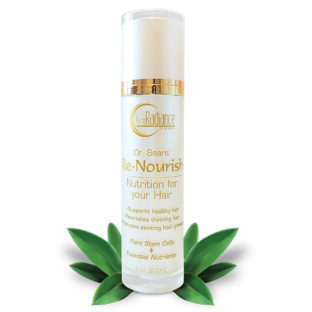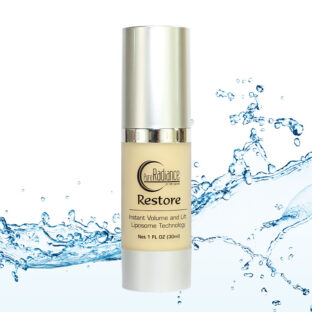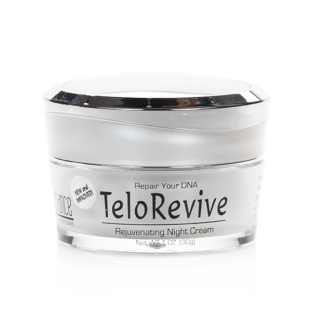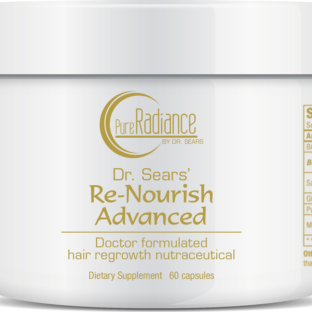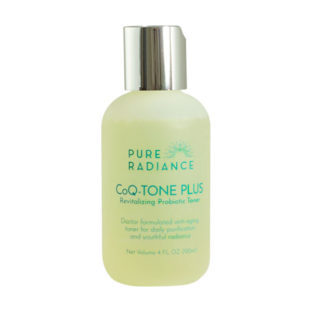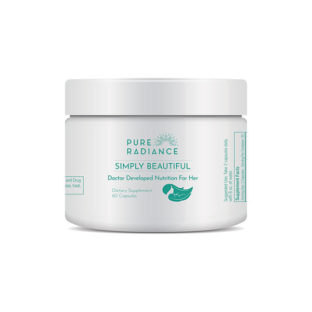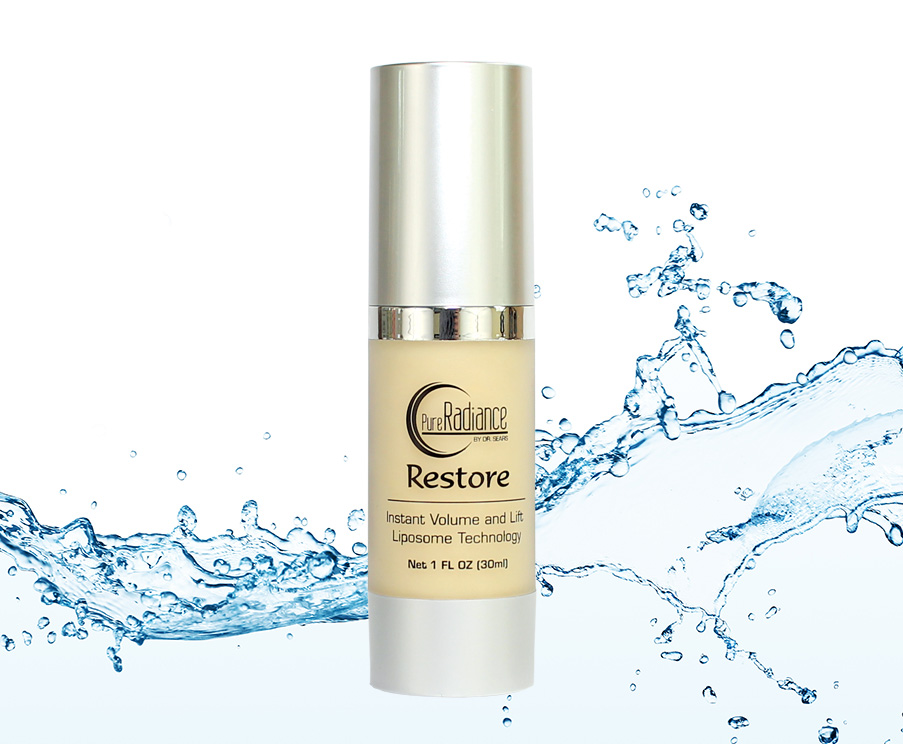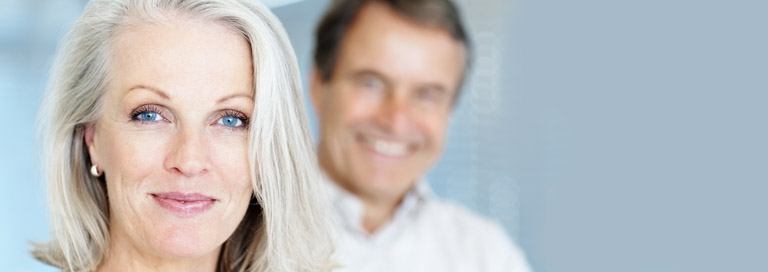
My patients tell me that they feel like they’re bothering me when they ask about hair loss. After all, losing your hair isn’t life-threatening. But that doesn’t mean it’s not important.
Thinning hair can be a major blow to your self-confidence.
But it’s also a symptom of an unhealthy microbiome.
I tell my patients that one way to regain fuller, thicker hair is by improving gut health.
You see, your gut is connected to almost every function of your body, including immunity, mental health, obesity, diabetes, certain cancers, autoimmune diseases, skin – and even your hair.
If your microbiome is bogged down with “bad” bacteria and lacking “good” bacteria, you see an increase in inflammation throughout your whole body – including the scalp.
And scalp inflammation destroys your hair follicles.1 Let me explain…
Your body tries to extinguish inflammation by sending dihydrotestosterone (DHT) to the scalp to fight it.
DHT, a male sex hormone that’s also present in women, does a good job of reducing this inflammation. But in the process, it binds to receptors in the hair follicles and causes them to shrink.1,2
As your follicles get smaller, they start to produce thinner hair that can easily fall out.
Before long you see hair loss and bald spots on the top of your head.
At the Sears Institute, I help my patients repair and protect their microbiome with probiotics. They help recolonize your gut with healthy bacteria and crowd out the bad bacteria. You get a good supply from fermented foods like fresh sauerkraut, kefir, kvass and kimchi, and cultured dairy.
But I find most of my patients benefit from also taking a supplement. Look for one that contains 10-20 billion CFUs (colony forming units) of Lactobacillus Plantarum, Lactobacillus rhamnosus, Lactobacillus acidophilus, Bacillus subtilis, and Bifidobacterium lactis.
These probiotics will bring your gut back into balance. But the best bacterial strain to promote hair growth is a probiotic called Lactobacillus reuteri.
Studies show that these bacteria can help prevent hair thinning, promote faster hair growth, encourage hair follicle development, and even increase the number of hairs in the anagen (growth) stage of the hair cycle.
Researchers gave a group of rats L. reuteri in their drinking water for 20 weeks in one study. Compared to the placebo group, the probiotic-fed rats had:4
- 1,200% increase in hair follicle expression
- 106% increase in hair follicle count
- 74% of the follicles were in the growth phase (64% of placebo-fed rats had follicles in a resting stage)
- Faster, more robust hair growth
- Shinier, more lustrous hair
I recommend taking 100 million units of L. reuteri a day.
The rats in the study saw these incredible results after 20 to 24 weeks. But you can restore hair loss and regrow thicker, fuller hair right now. Here are two topical treatments you can use today:
- First, feed your follicles with vitamin B3. In your body, vitamin B3 (niacin) breaks down into a molecule called nicotinamide adenine dinucleotide (NAD+). NAD+ is found in every cell in the body. It converts nutrients from food into energy that fuels your body — including hair follicles.
But levels decline with age. So your body sends NAD where it’s needed most, like your heart and lungs. As a result, your hair follicles don’t get what they need. Fortunately, you can make NAD from a B vitamin called niacinamide.
In one study, women with hair loss rubbed this vitamin into their scalps daily. While the placebo group saw no results, those who used niacinamide grew saw new hair growth in less than 30 days.5
Look for serums that contain niacinamide to apply directly to your scalp. Make sure any product you buy has at least 5% niacinamide. You should see results in as little as four weeks.
- Stimulate new hair growth with rosemary oil. Rosemary oil is packed with antioxidants that help combat thinning hair. In a recent study that looked at 100 men with androgenetic alopecia, rosemary oil applied to the scalp showed to be equally as effective as Rogaine® at increasing hair growth. That’s impressive and a lot safer than drugs.
Rosemary oil can irritate the skin, so I recommend using it with a carrier oil. My favorite is coconut oil. Just mix 3-4 drops of rosemary oil with 1 teaspoon of coconut oil and massage it into your scalp each night before bed. Wash as usual in the morning.
To Your Good Health,

Al Sears, MD, CNS
References:
1. Luissint A, et al. “Inflammation and the intestinal barrier: leukocyte-epithelial cell interactions, cell junction remodeling, and mucosal repair.” Gastroenterology. 2016;151(4):616-632.
2. Sadick N, et al. “New insight into the pathophysiology of hair loss trigger a paradigm shift in the treatment approach.” J Drugs Dermatol. 2017;16(11):s135-s140.
3. Farris P, et al. “A novel multi-targeting approach to treating hair loss, using standardized nutraceuticals.” J Drugs Dermatol. 2017;16(11):s141-s148.
4. Kobinger G. “Probiotic bacteria induce a ‘glow of health.'” PLoS One. 2013; 8(1): e53867.
5. Draelos Z D, et al. “A pilot study evaluating the efficacy of topically applied niacin derivatives for treatment of female pattern alopecia.” J Cosmet Dermatol. 2005;4(4):258-261.


